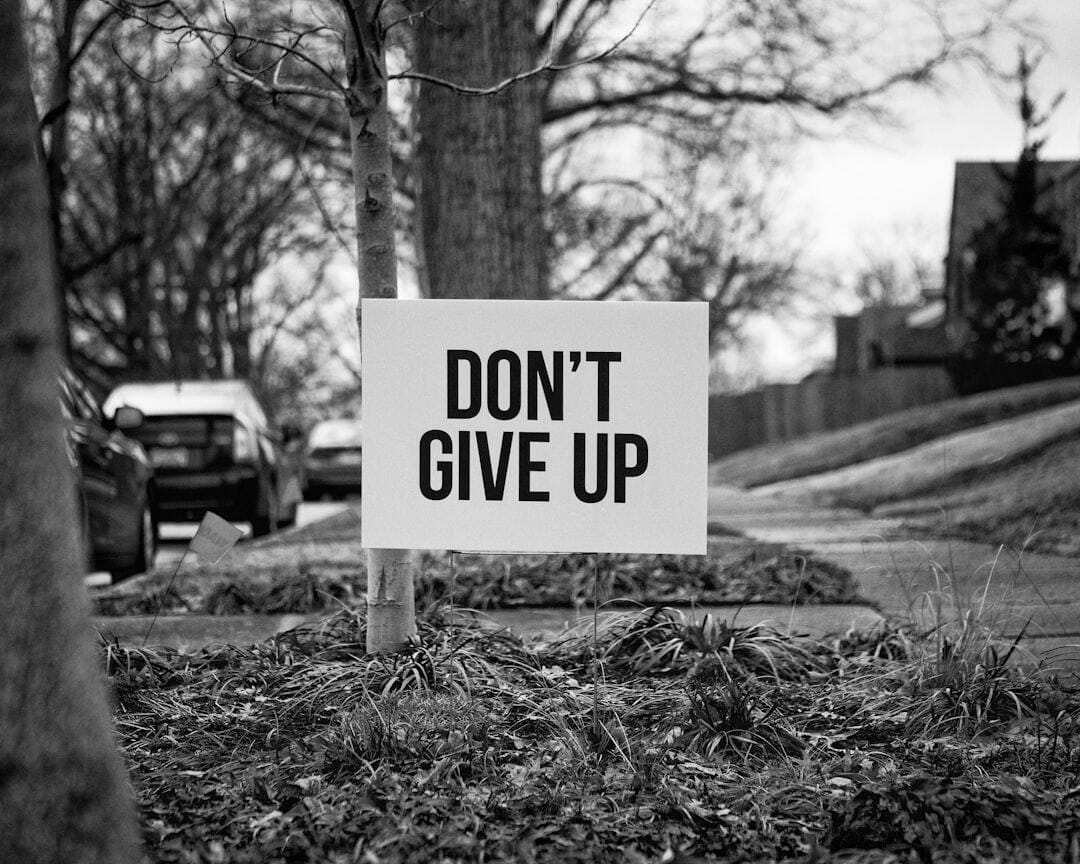Of the myriad of happy human emotions, from contentment to gratitude there is one emo that is consistently underrated: hope.
A new study from the University of Missouri is shaking up our understanding of hope. Far from being just wishful thinking, hope adds meaning, direction, and depth to our lives.

Among all the emotions studied, hope was the one that consistently correlated with a deeper sense of life’s meaning. And that sense of meaning isn’t just philosophical—it has tangible benefits, like stronger relationships, better health, higher earnings, and improved resilience.
In contrast, happiness applies to how we feel in the moment. But, there are no guarantees that today’s happiness survives until tomorrow. It is reflective of what’s already happened. But, that’s largely in the past. Hope, on the other hand, is focused on the future.
According to author Yuval Levin:
“I’m not optimistic. I hate optimism. Optimism is a vice — the idea that good things just happen. In the history of the world, good things have never just happened. I’m not optimistic, but I am hopeful. Hope is the virtue that sits between the vices of optimism and pessimism.”

It’s the belief that things can always get better—even in tough times—that gives people the strength to keep pressing onward. Hope is what drives a student to send out college applications even after getting rejected by their dream school. It’s hope that leads an addict back to meetings when all seems lost. It’s hope that guides a grieving widow to carry on in the face of unspeakable grief.
It’s hope that powers us face the moment when everything seems overwhelming.

Viktor E. Frankl was a Viennese doctor and psychiatrist. He survived three years in four different Nazi concentration camps during World War II. In the midst of his unthinkable suffering in the Auschwitz concentration camp, he developed a deep sense of the true meaning of life.
“If there is a meaning in life at all, then there must be a meaning in suffering"
Frankl believed that life has meaning in all circumstances, even the most miserable ones. This means that even when situations seem objectively terrible, there is a higher level of order that involves meaning.
“When we are no longer able to change a situation, we are challenged to change ourselves.”
Frankl observed that prisoners in concentration camps who lost hope for the future were far more likely to perish.

Frankl learned that what happens to you – including suffering – is secondary to your response to it. The prisoners who could maintain a small sense of the future found that it helped them survive over the long haul. The prisoners who lost their faith in a future lost their will to live-and simply died.
"When we are no longer able to change a situation, we are challenged to change ourselves"
In February 1945, in the deepest part of a bleak winter, Frankl’s bunkmate experienced a vivid dream. He dreamed that the camp would be liberated in March 30th—- date certain. The dream gave him hope in a future.

On March 29th, news reached the camp that the Allied advances had slowed considerably—and that their rescue was not imminent. On March 30th, the man developed a high fever. He died the following day.
Frankl recounted how inmates would sometimes lose hope.The men would refuse to get out of bed, smoke all their saved cigarettes, and wait to die. This loss of will wasn’t random. It was when they gave up hope:
“The prisoner who had lost faith in the future—his future—was doomed.”
To Frankl, a loss of hope was a spiritual death long before the physical one. According to Frankl, there is only one thing that you cannot take from a man. You cannot kill the way we choose to respond to what is done to us. The final human freedom is the ability to choose our attitude, even in the most dire of circumstances. “Those who have a ‘why’ to live, can bear with almost any ‘how’.”
“Despair is suffering without meaning"
Hope, then, is not naïve. It isn’t blind optimism or a refusal to acknowledge suffering. It’s the stubborn ember in the fire that refuses to go out. It’s the single, green shoot that emerges from a scorched earth.
Frankl showed us that meaning and hope are inseparable—the moment we find a “why,” even in the darkest night, we can endure the “how.” Hope is not an escape from reality; it’s a deeper engagement with it.

And that’s why hope may be the most underrated emotion of them all. Happiness comes and goes. Gratitude is tethered to memory. But hope keeps us moving, even when the road ahead is shrouded in fog. It builds resilience, sustains love, and carries us into futures we can’t yet see but desperately need to believe in.

The world has no shortage of reasons to despair. But despair is a dead end; hope is a doorway. To live without hope is to surrender before the story is finished. To live with hope is to accept that while we cannot control every outcome, we can always choose our response. And sometimes, that choice is enough to change everything.
So maybe the most important question isn’t whether tomorrow will be better. It’s whether we will dare to hope that it can be—and live today as if it will.
Enjoyed the article? The best compliment is to share it with someone you care about
What do you think? Shoot me a quick note. I’ll read and respond.
If you’re new to Wit & Wisdom, we’d love for you to join our community of 25K readers. The newsletter comes out every two weeks via email. It’s always free, and we are always looking for new friends. Please join us.

